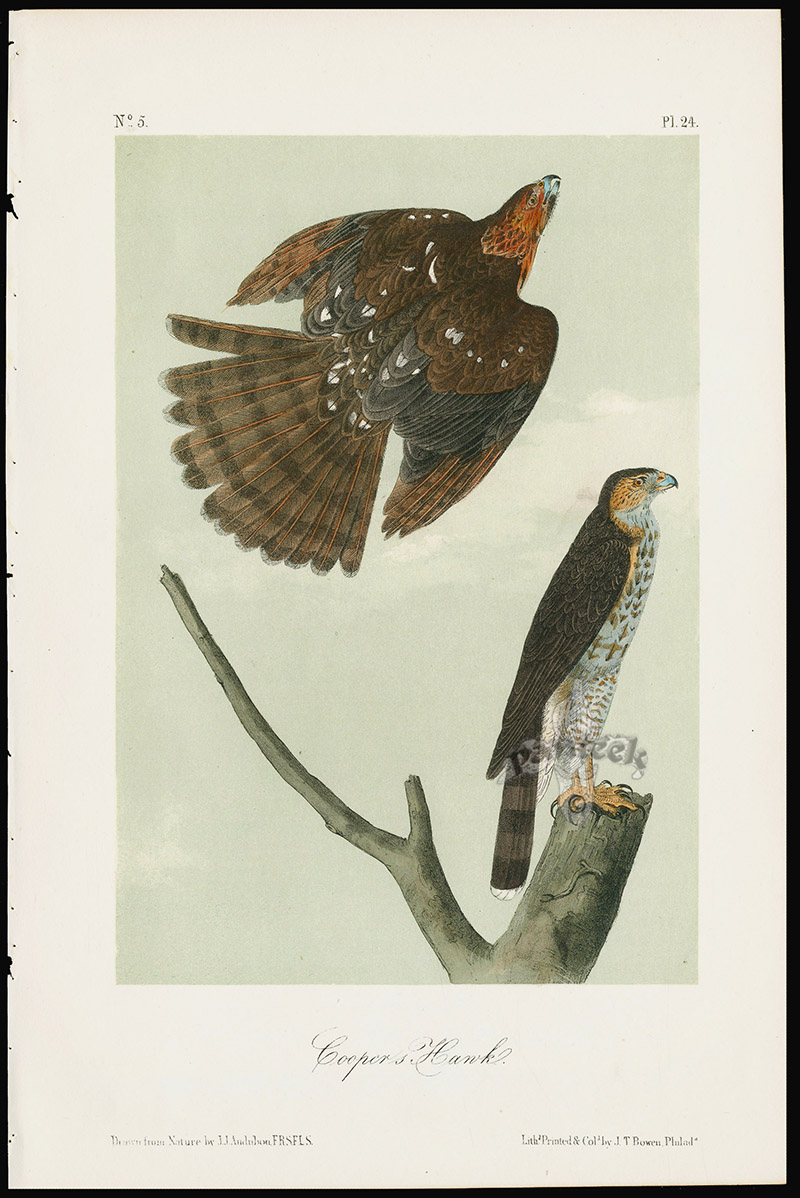December 9, 2022
Those little ruby-crowned wrens (?) still about. They suddenly dash away from this side to that in flocks, with a tumultuous note, half jingle, half rattle, like nuts shaken in a bag, or a bushel of nutshells, soon returning to the tree they had forsaken on some alarm. They are oftenest seen on the white birch, apparently feeding on its seeds, scattering the scales about.
A fresh dandelion.
The chestnuts are almost as plenty as ever, both in the fallen burs and out of them. There are more this year than the squirrels can consume. I pick three pints this afternoon, still plump and tender. I love to gather them, if only for the sense of the bountifulness of nature they give me.
Those little ruby-crowned wrens (?) still about. See November 21, 1852 ("The commonest bird I see and hear nowadays is that little red crowned or fronted bird I described the 13th. I hear now more music from them. They have a mewing note which reminds me of a canary-bird. They make very good forerunners of winter."); December 19, 1854 ("A large flock of Fringilla linaria over the meadow. . . . Common as they are now, and were winter before last , I saw none last winter.") See also A Book of the Seasons, by Henry Thoreau, The Lesser Redpoll
The chestnuts are almost as plenty as ever, both in the fallen burs and out of them. See November 28, 1856 ("Unexpectedly find many chestnuts in the burs which have fallen some time ago. ")
A few petals of the witch-hazel still hold on. See October 20, 1852 ("The witch-hazel is bare of all but flowers"); October 23, 1852 ("The sprays of the witch-hazel are sprinkled on the air, and recurved."); November 4, 1852 ("Saw witch-hazels out of bloom, some still fresh:); November 15, 1853 (" Take up a witch-hazel with still some fresh blossoms."); November 24, 1859 ("At Spanish Brook Path, the witch-hazel (one flower) lingers. "); December 19, 1850 ("The witch-hazel is covered with fruit and drops over gracefully like a willow, the yellow foundation of its flowers still remaining.") See also A Book of the Seasons, by Henry Thoreau, The Witch-Hazel
A man tells me he saw a violet to-day. See December 12, 1852 ("Saw a violet on the C. Miles road where the bank had been burned in the fall.")
The chestnuts are almost as plenty as ever, both in the fallen burs and out of them. There are more this year than the squirrels can consume. I pick three pints this afternoon, still plump and tender. I love to gather them, if only for the sense of the bountifulness of nature they give me.
A few petals of the witch-hazel still hold on.
A man tells me he saw a violet to-day.
H. D. Thoreau, Journal, December 9, 1852
The chestnuts are almost as plenty as ever, both in the fallen burs and out of them. See November 28, 1856 ("Unexpectedly find many chestnuts in the burs which have fallen some time ago. ")
A few petals of the witch-hazel still hold on. See October 20, 1852 ("The witch-hazel is bare of all but flowers"); October 23, 1852 ("The sprays of the witch-hazel are sprinkled on the air, and recurved."); November 4, 1852 ("Saw witch-hazels out of bloom, some still fresh:); November 15, 1853 (" Take up a witch-hazel with still some fresh blossoms."); November 24, 1859 ("At Spanish Brook Path, the witch-hazel (one flower) lingers. "); December 19, 1850 ("The witch-hazel is covered with fruit and drops over gracefully like a willow, the yellow foundation of its flowers still remaining.") See also A Book of the Seasons, by Henry Thoreau, The Witch-Hazel
A man tells me he saw a violet to-day. See December 12, 1852 ("Saw a violet on the C. Miles road where the bank had been burned in the fall.")






